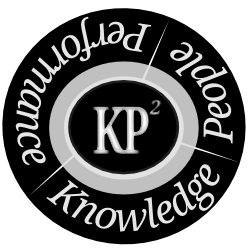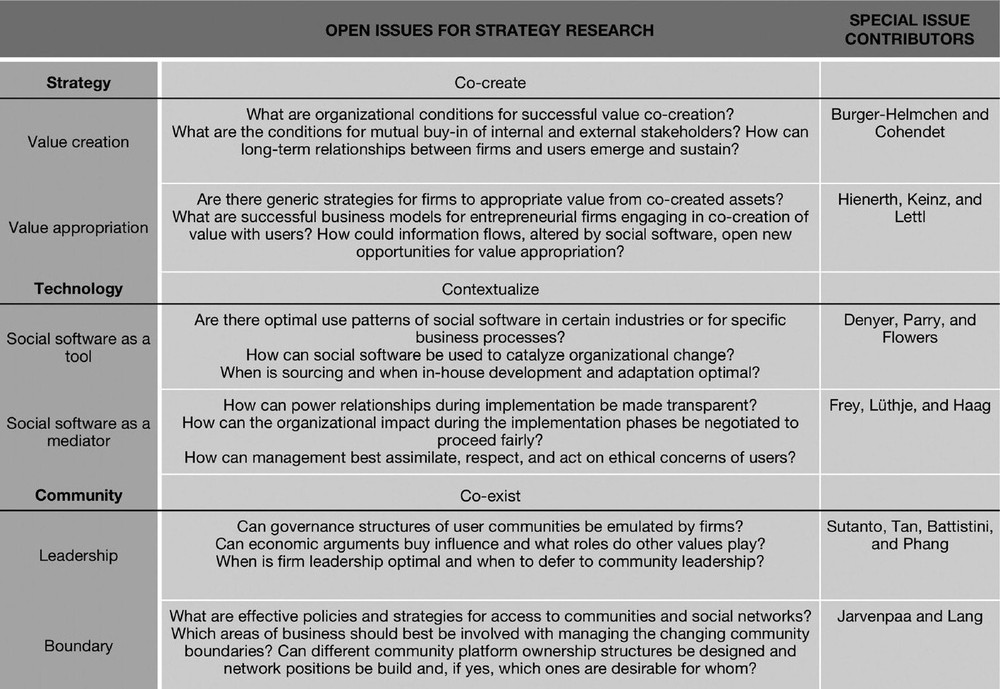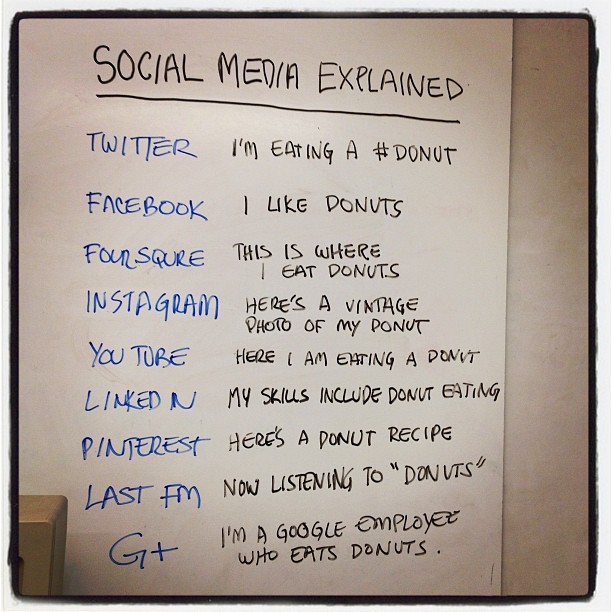The Journal of Enterprise Information Management (JEIM) invites submission of quality manuscripts for its Special Issue on Social Media in Business and Education.
The aim of the Special Edition is to explore Web 2.0 & Web 3.0 technologies, including Blogs, Twitter, Facebook, Wikis and YouTube, etc, for business and education exploitation. The next generation of social media will involve social networking, document sharing, collaboration and interoperability. JEIM will consider evolving managerial, academic and pedagogical approaches and raise the profile of research in technology-enhanced applications; spread good practice in the use of Web 2.0 & Web 3.0 technologies for business and learning; and facilitate collaboration between practitioners, researchers, and policy makers. Manuscripts for the Special Issue on Social Media in Business and Education will include, but are not limited to:
- Web 2.0 & Web 3.0 in business/education
- Enterprise 2.0
- Impact of Web 2.0 on organisational strategies
- e-Learning and Social Media
- Social Computing and social networks
- Facebook in business/education
- Micro-blogs and Twitter in business/education
- Wikis in business/education
- Blogs in business/education
- YouTube in business/education
- Collaboration and KM using Web 2.0 in business/education
- Mashups based inter-organisational collaborative services
- Semantic web applications and developments
- The future of Virtual Learning Environments
- The future of the university lecture




